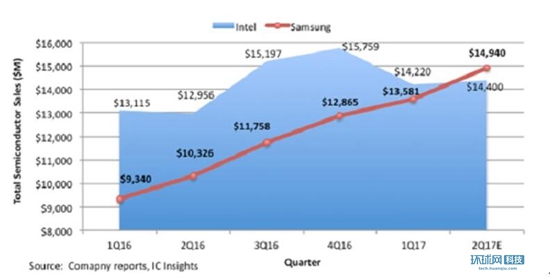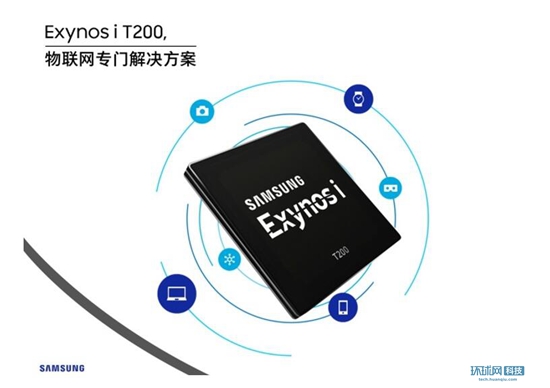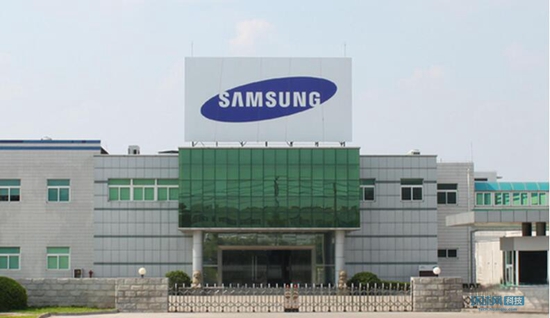Samsung Electronics Surpasses Intel to Become the World's Largest Chip Manufacturer
[Global Network Technology Report] According to the "Financial Times" report, Samsung Electronics overtook Intel to become the world's largest chip maker in the second quarter of 2017. According to market research firm Nomura, Samsung Electronics’ chip sales in the second quarter of this year are expected to be $15.1 billion, which is higher than Intel's estimated sales of $14 billion.
 Sales of Samsung and Intel Semiconductor Business for the Past Year
Sales of Samsung and Intel Semiconductor Business for the Past Year
The reason why Samsung surpassed Intel in the chip business can be summed up in two points: First, the business is more extensive and far-reaching, and the second is the unremitting pursuit of cutting-edge innovations. Behind these achievements, it is also a huge investment in years of realism.
Since Intel released the Pentium CPU for personal computers in 1993, the U.S.-based company has been dominating the semiconductor market for 24 years, and Samsung was only seventh in the year. With the popularization of smart phones, people's demand for mobile processors has surpassed that of PCs, and the amount of memory of mobile devices has gradually approached PCs, which has given chip manufacturers other than Intel an opportunity for more growth.
Different from Intel's specialization mode that focuses on PC processors, Samsung has a wide range of semiconductors, such as the development of mobile chips, research and development of IoT chips, and strong vocabulary in NAND and RAM memory chips. Today, the era of the Internet of Things, car networking, and artificial intelligence has come quietly. The market demand for sophisticated semiconductors is unprecedented. Sanjay Jha, CEO of Global Foundries, stated that the large-scale data centers and AI applications bring a large number of film voice transmission and memory requirements, which will bring a new “golden decade†to the future semiconductor industry. This also means that Samsung's growth in semiconductor business will also increase.
 Samsung launches Exynos i, the latest Exynos processor for the Internet of Things
Samsung launches Exynos i, the latest Exynos processor for the Internet of Things
Active innovation, willingness to invest, and the need to master the most cutting-edge technologies are another key point for Samsung Semiconductor to achieve its current position. In the 1970s, Samsung learned from his humble mind to Sony, a giant in the consumer electronics industry, and began looking for ways to get rid of foreign technology dependence. So, under the leadership of Samsung founder, Samsung decided to start production of its own semiconductor components, and this move will guide Samsung's future long-term development.
From the chip's entry into the 100nm (nano) era to the first chip that now makes a 10nm process, Samsung is now at the forefront of the industry. Samsung also announced its chip manufacturing process roadmap not long ago. It plans to test the 8nm process in the second half of this year, achieve 7nm process mass production in 2018, develop 6nm and 5nm processes in 2019, and achieve mass production of 4nm process chips by 2020. Show its clear development goals.
In order to continue to promote growth, Samsung plans to invest at least 21.4 trillion won (18.63 billion US dollars) in South Korea to expand its leading position in memory chips and next-generation smartphone displays. The Samsung Electronics Pyeongtaek Plant is also officially put into production as the world's largest semiconductor production line. Samsung also plans to build a new NAND chip production line at its Xi'an Semiconductor plant in China. The Xi'an plant's first production line built in 2014 has reached a capacity of 120,000 NAND memory wafers per month.

Samsung Electronics Pyeongtaek Plant, the world's largest semiconductor production line officially put into production
The rapid development of science and technology has led to an increasing demand for core and leading-edge semiconductor components in the entire market. With the rapid evolution of the era of cloud computing, artificial intelligence and the Internet of Things, the future of the semiconductor market is still vast. For Samsung, as long as we firmly grasp the opportunities of the future, this is a great stage for flexing its muscles.
Absolute rotary Encoder measure actual position by generating unique digital codes or bits (instead of pulses) that represent the encoder`s actual position. Single turn absolute encoders output codes that are repeated every full revolution and do not output data to indicate how many revolutions have been made. Multi-turn absolute encoders output a unique code for each shaft position through every rotation, up to 4096 revolutions. Unlike incremental encoders, absolute encoders will retain correct position even if power fails without homing at startup.
Absolute Encoder,Through Hollow Encoder,Absolute Encoder 13 Bit,14 Bit Optical Rotary Encoder
Jilin Lander Intelligent Technology Co., Ltd , https://www.landermotor.com